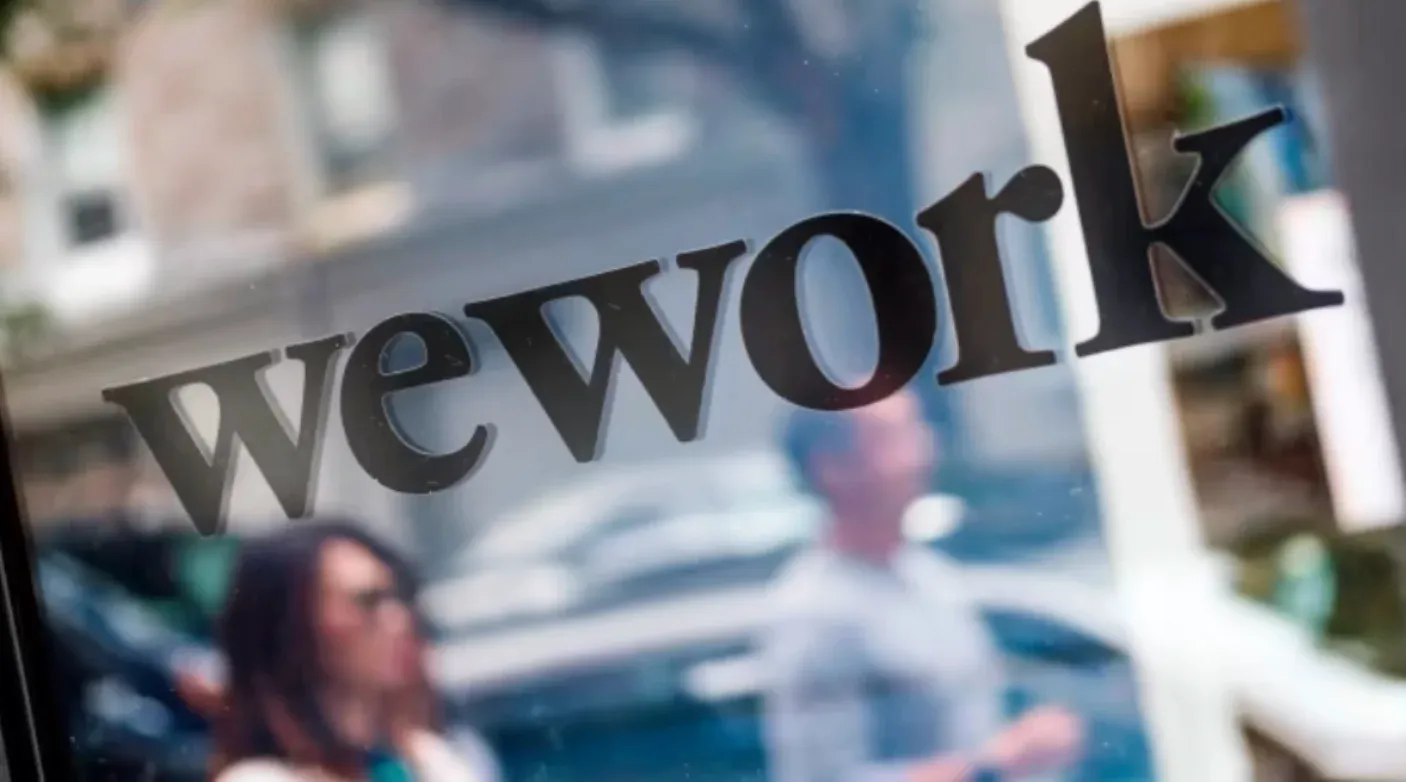
Hello Studio Fam,
The year of the Great Tech Reset is almost over but still has major changes in store. News has broken of major changes coming to the Apple ecosystem, the crypto reckoning has just gotten started, and the future of how and where we work remains up in the air. We also look at updates to the Tesla ecosystem and spotlight some of the coolest generative AI tools freely available (for now).
Feedback? - hello@buildwith.studio
The Walls Are Crumbling Around Apple’s Garden

The “walled garden” approach to software distribution has been a hallmark of Apple since the introduction of the App Store in 2008. In exchange for requiring all iPhone software to be distributed through its official store, Apple provided users with increased security and a higher standard of software experience. This came with significant costs, namely the fees of up to 30% that Apple charged for selling digital products through iOS. This wasn’t that big of a deal in the early days of iOS but today the iPhone is unquestionably the dominant mobile software platform, thus raising questions about whether it’s fair for Apple to continue to extract fees from its users at such scale.
But the era of the walled garden is coming to an end. Thanks to legislation in the European Union, Apple and other major tech companies will soon be required to make their proprietary systems accessible to third parties. This means that game developers like Epic, who have sued Apple for monopolistic behavior, could circumvent the Apple App Store fees with their own “sideloaded” game store. The same legislation will also require proprietary messaging systems like Apple Messages to become interoperable with other messaging systems, and might even force Apple to allow hardware developers like Tile to sell devices compatible with the AirTag system. There are few details on how these changes will be rolled out, or if they will only be enjoyed by European Apple customers. But the writing is on the garden wall, and the wall is crumbling.
Studio Byte Of The Week
Tesla owners rejoice! The yearly holiday update brings new features like support for Apple Music, Zoom calls with the in-cabin camera, and drift mode for Model Y Performance.
SBF Arrested, Denied Bail, & Awaiting Extradition

Despite a month of constantly talking to anyone on the Internet who would listen about how he is not a crook, Sam Bankman-Fried was finally arrested this week by authorities in the Bahamas by request of the United States Department of Justice. The arrest came suddenly after SBF canceled a scheduled appearance before the United States Congress. The arrest warrant details a number of charges ranging from wire fraud to money laundering. If convicted on all counts, he could face up to 115 years in jail. This assumes that SBF doesn’t get charged with even more crimes like campaign finance violations for making tens of millions of dollars of political contributions through third parties.
In a bizarre appearance before the district court in Nassau, SBF was briefly permitted to leave the courtroom to apply a medicinal patch (presumably the drug Ensam) and take a dose of Adderall. Thereafter, his lawyers pleaded for cash bail for a variety of reasons, including SBF’s vegan diet. SBF’s parents, both Stanford law professors, attended the hearing and his mother repeatedly laughed out loud when her son was referred to as a “fugitive” by the Court, according to CoinDesk. SBF was then denied bail.
SHORT BYTES: Unusual Startup Fundraising Announcements
- ChatGPT has nuanced and complex conversations about almost any topic
- Starrytars makes beautiful animated avatars
- Midjourney creates incredible images from simple chat prompts for free
WeWork still doesn’t make any money

It’s been three years since Adam Neumann left WeWork. Despite new management, the company continues to lose incredible amounts of money. Since July 2020, WeWork has lost more than $5 million per day. Despite becoming a household name and the gold standard for flexible office space, the company is still paying the price for its previous strategy of growth at any cost, according to the Wall Street Journal. There are plans to close as many as 40 WeWork locations throughout the next year and the firm claims cash reserves ample enough to continue operations beyond that. But it will be hard pressed to raise additional funds, or borrow more cash, while inflation continues at record highs and government bonds pay high premiums.
Even profitable real estate investment opportunities are being shunned for the safety of government bonds. Why would you lend money to WeWork when you can lend it to the US government for 5%? And why would you want to invest in a coworking company when work-from-home life is a permanent fixture of the economy? These and many other questions require answers to determine the fate of WeWork.

